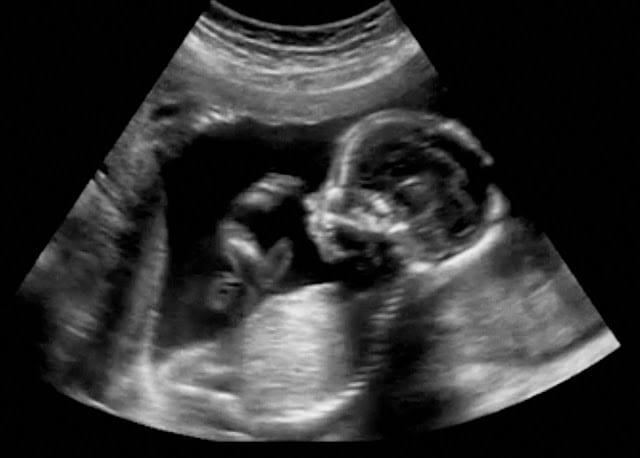In the summer of 2013, pregnant Indiana resident Purvi Patel intentionally ingested feticidal agents she ordered secretly from Hong Kong. She was at the end of the second trimester or beginning of the third trimester of pregnancy carrying the son of a married coworker. Patel claims she pursued a self-induced abortion because did not want her conservative parents to learn about her extramarital affair. She chronicled the pregnancy and abortion attempt via a series of 52,000 text messages to her best friend over the course of that summer, which culminated in what doctors say was the live birth of Patel’s son.
According to his weight at the time of his autopsy, Baby Patel was at least 26 week developed when he was delivered in his mother’s bathroom. Post-mortem testing revealed that his lungs had filled with air prior to his death, indicating that he had been born alive and breathed outside of his mother’s womb before dying. His mother placed him in a garbage bag and dumped his body outside the family’s restaurant before going to work.
Patel, who was in her thirties at the time, went to the hospital later that day with a postpartum hemorrhage. Her son’s umbilical cord was still hanging out of her body, but Patel lied, insisting that she had never been pregnant. When authorities were contacted, they were led to believe that Patel’s son may still be alive, and Patel sent them to the wrong location in search of her son’s body. Authorities, of course, did not find a live baby.
Patel’s case went to trial, where a jury convicted her of feticide and neglect of a child. She was sentenced to 20 years in prison. But radical abortion activists constructed a narrative totally divorced from reality in which Patel was thrown in jail for experiencing a miscarriage. Even after her conviction, groups claiming to represent the interests of pregnant women fought the ruling. The problem was not really that a woman had been unjustly punished for experiencing a miscarriage; the problem was that legal acknowledgement that Purvi Patel did something horribly unjust to her child would set a humane precedent for other children in the state of Indiana and beyond.
Upon appeal, the charge of feticide was overturned. Meanwhile, Patel remains guilty, in the eyes of the court, of neglect of a child. However, her sentence could be reduced to as little as several months for that misdemeanor. Because time served may fulfill the sentence for the misdemeanor charge, Patel could be released after sentencing.
Read more about Purvi Patel’s abortion/infanticide story here.


